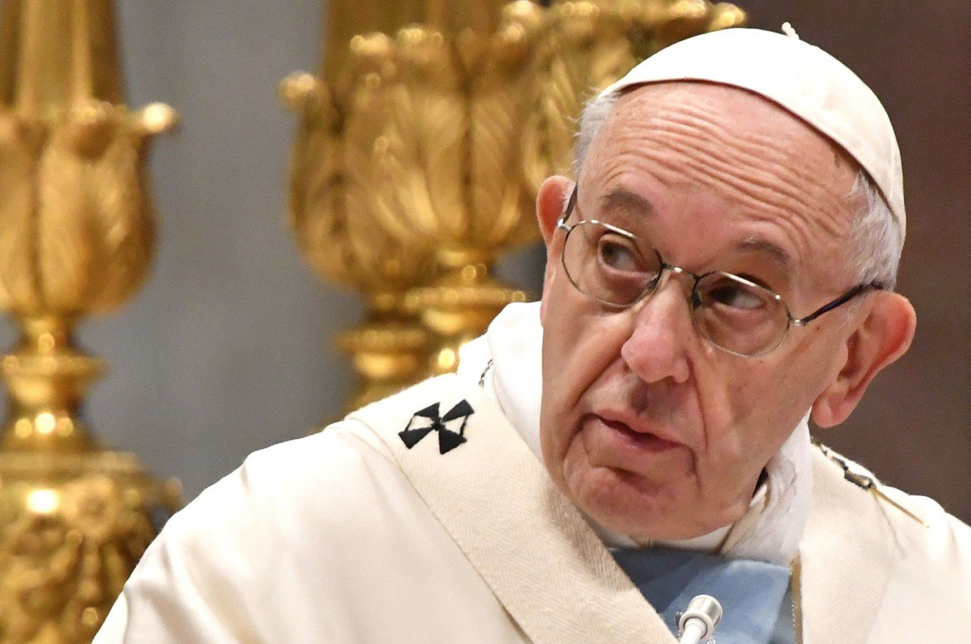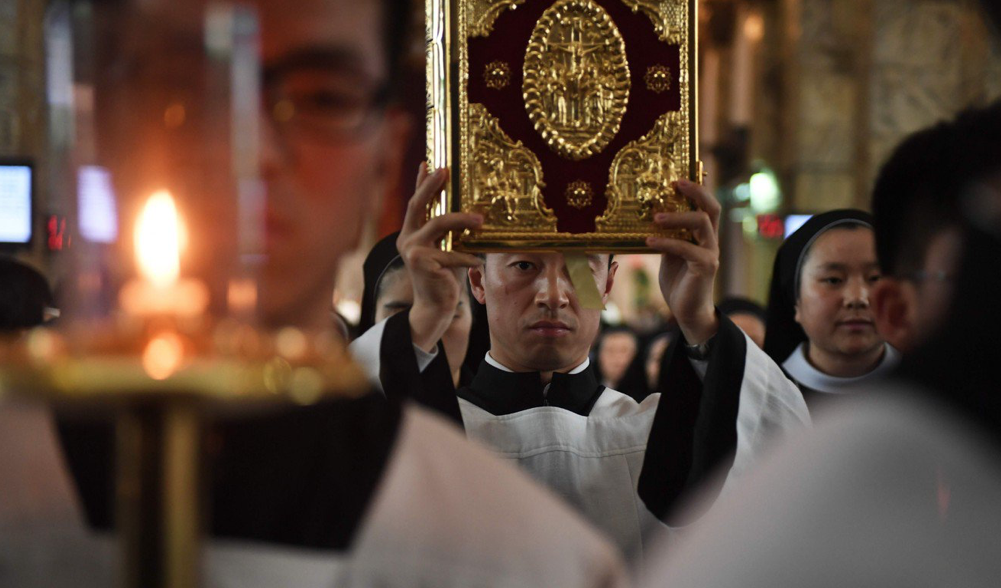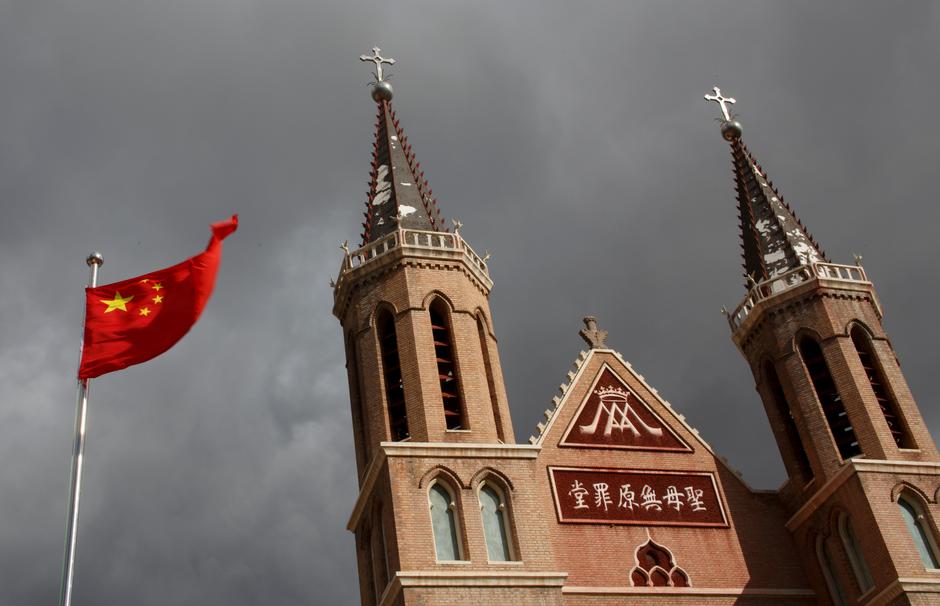CHINA
Subject: SCMP: China’s deal with Vatican faces key test with appointment of first bishop under new arrangement
Elise Harris
Apr 4, 2019
SENIOR CORRESPONDENT
- Process of selecting candidate to fill vacant see in Inner Mongolia should be agreement’s first test
- Controversial deal signed in September was supposed to end rift between underground and state-sanctioned churches
Published: 6:00am, 29 Mar, 2019

China’s list of candidates will be submitted to Pope Francis for vetting. Photo: AFP
China’s controversial deal with the Vatican may soon face a key test with the nomination of a new bishop, sources have said.
The South China Morning Post has learnt that the diocese of Wumeng – traditionally known as the Jining – in Inner Mongolia is finalising the process of selecting candidates to be vetted by Pope Francis.
The highly anticipated selection will be the first time the groundbreaking accord signed between Beijing and the Holy See on appointing bishops has been put to the test.
For decades the Catholic Church in China has been split between an official, government-controlled church whose bishops are selected by the state, and an underground church, loyal to the Vatican, which maintained its traditional prerogative of appointing bishops.

Worshippers at the state-sanctioned South Cathedral in Beijing. Photo: AFP
Father Yao Shun, the current administrator of the diocese, is tipped as a likely candidate for the post, which became vacant on the death of the former bishop John Liu Shigong at the age of 90 in 2017.
A source said: “Yao shouldn’t be a problem because he enjoys a very good reputation. Not only with the government, he is also well-liked by local open and underground Catholic communities.
“He taught liturgy in the [state-sponsored] National Seminary of the Catholic Church in China and was being groomed as a future successor when he was transferred back to the Jining diocese.”
What does the Vatican agreement on bishop appointments mean for China’s Catholics?
The source continued “he is favoured by both sides so his consecration is only a matter of course”, and said that the final procedures had been pushed back in light of the national parliamentary sessions at the start of the month.
Clergymen in the Wumeng diocese could not be reached for comment and another source with access to Yao said he did not wish to be contacted “during a sensitive period”.
It is understood that the Holy See has yet to receive any diocesan nominees from Beijing’s Sino-Vatican negotiation team, which is made up of officials from the Ministry of Foreign Affairs, United Front Work Department and State Administration for Religious Affairs.
Filling vacant sees is a priority after the signing of the provisional agreement as nearly half of mainland China’s 97 dioceses are currently without a bishop.
A Hong Kong-based analyst said senior clergy in a number of dioceses, including those in Henan and Shaanxi provinces, have started jockeying for position.
“Some began pushing local authorities to take the initiative in kick starting the official process for selecting candidates.
“Some ambitious ones have also begun setting aside possible competitors … you will not find any confirmation unless the local governments instruct them to inform the public,” said the analyst.

The deal may end the rift between the state-sanctioned and underground churches. Photo: Reuters
Although the content of the agreement remains confidential, experts on the matter expect China will submit a list of two or three candidates to the Vatican – with the party’s preference at the top of the list – to be vetted by the pontiff.
“This contrasts with Vatican’s agreement with Vietnam, where the Holy See will propose three bishop candidates for Hanoi to pick a final candidate,” said the Hong Kong-based analyst.
Wang Meixiu, a researcher at the Chinese Academy of Social Sciences, an official think tank said a diocese would have to set up an election and consecration working group in order to kick start the process.
“A quarter of the two-year duration for the provisional agreement has already passed. I am very much looking forward to seeing how this would work in reality,” Wang said.
“The election of bishops has to go through layers after layers of administrative approvals. This goes from dioceses to patriotic Catholic associations, bishop conferences and religious affairs authorities at city, provincial and national levels,” she said.
Vatican vows to help mainland China reunite Catholics
The Sino-Vatican provisional agreement was signed last September, officially bringing to an end the appointment of bishops without the Vatican’s approval.
Under the terms of the deal, China recognised the Pope for the first time as the head of the Catholic Church worldwide while Francis was reconciled with seven Chinese bishops who had been excommunicated for accepting state appointments.
The deal has since faced extensive criticism, with the Pope being accused of “selling out” underground Catholics who had endured years of persecution, with some leading figures serving lengthy jail terms for staying loyal to the Vatican.
China, meanwhile, has been attacked for intensifying its persecution of religious groups as part of its push to “Sinicise” religion.


 ENG
ENG